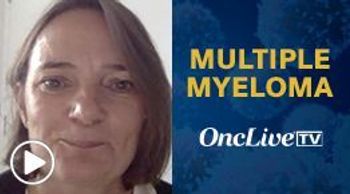
The director of the Clinical Myeloma Program at NYU Langone Health’s Perlmutter Cancer Center discusses the next steps for CAR T-cell therapy in the treatment of patients with relapsed/refractory multiple myeloma.


The director of the Clinical Myeloma Program at NYU Langone Health’s Perlmutter Cancer Center discusses the next steps for CAR T-cell therapy in the treatment of patients with relapsed/refractory multiple myeloma.

The FDA’s designation follows positive data presented at the 2020 ASH meeting.

The director of the Mario Lemieux Center for Blood Cancers at UPMC Hillman Cancer Center discussed the phase 2 CARTITUDE-2 trial.
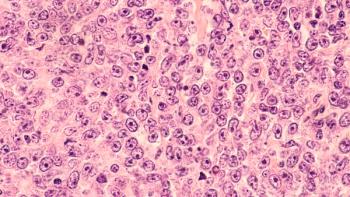
The phase 3 ZUMA-7 trial met both its primary and secondary endpoints.

The professor of medicine and director of the Hematopoietic Stem Cell Transplantation Program at University of Chicago Medicine described the impact of CAR T-cell therapy on the hematologic cancer landscape.
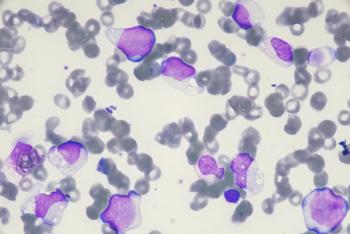
Conversion from MRD positivity to MRD-negative disease in a high-dose patient prompted the expansion of the trial population.
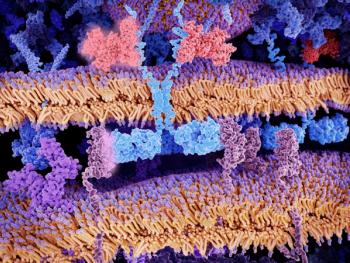
Surveyed oncologists supported the use of CAR T-cell therapy at higher rates than previous years.
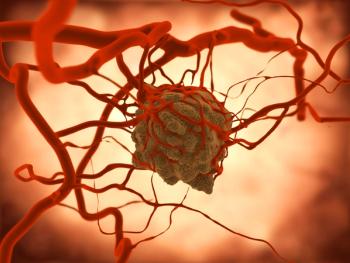
A novel combination immunotherapy enables CD19-directed CAR T-cell therapies to target and eradicate difficult-to-treat solid tumors.
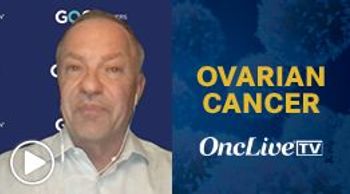
Bradley Monk, MD, FACOG, FACS, discusses the mechanism of VB-111 in patients with ovarian cancer.
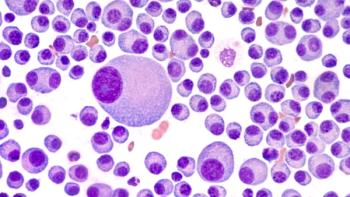
The recommendation comes after positive data was released from the recent phase 2 KarMMa trial.
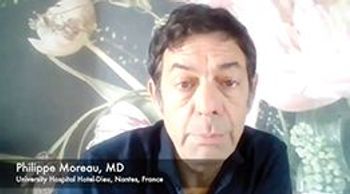
Philippe Moreau, MD, discussed the CARTITUDE-1 trial's promising results with ciltacabtagene autoleucel read out at the 2021 ASCO Annual Meeting.

Frederick F. Lang Jr, MD, chair of neurosurgery at The University of Texas MD Anderson Cancer Center, discussed novel approaches to treating GBM.
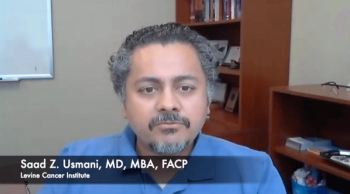
The director of Clinical Research in Hematologic Malignancies at Levine Cancer Institute discussed adverse events in the CARTITUDE-1 trial.
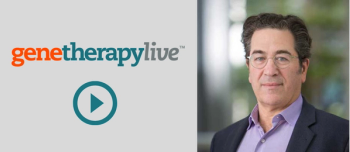
The chief executive officer of Gamida Cell discussed upcoming research on 2 of their investigational agents, GDA-201 and omidubicel, for hematological malignancies.
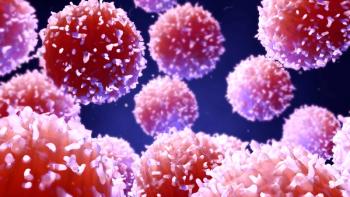
Peter Riedell, MD, discussed the need for more research in mantle cell lymphoma and access to novel treatments, including CAR T-cell therapies.

The chief executive officer of Gamida Cell discussed the company's novel approach to cell proliferation.

C. Ola Landgren, MD, PhD, discussed the role of CAR T-cell therapies in multiple myeloma.
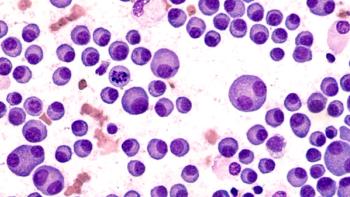
James Hoffman, MD, discussed the significance of the approval of ide-cel for patients with multiple myeloma.
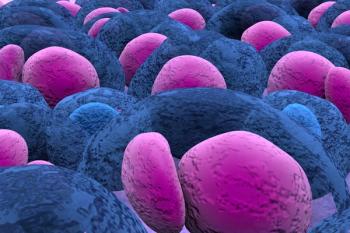
Faith E. Davies, MD, discussed the potential of CAR T-cell therapies for the treatment of multiple myeloma.
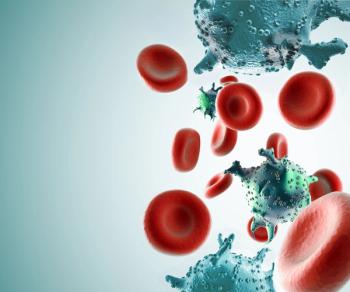
At the 18-month follow-up, the CAR T-cell therapy led to early, deep, and durable responses with a manageable safety profile in patients with relapsed/refractory multiple myeloma.
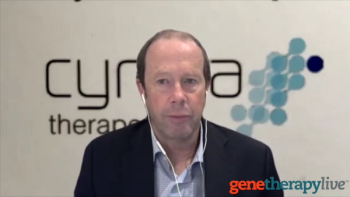
Cynata Therapeutics' Ross Macdonald, PhD, discusses the company's pipeline and clinical-phase trials.

The director of the Mario Lemieux Center for Blood Cancers at UPMC Hillman Cancer Center discussed findings from the CARTITUDE studies.
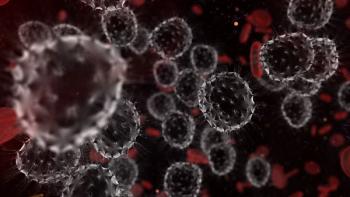
Henry Chi Hang Fung, MD, from the Fox Chase Cancer Center, discusses axi-cel's potential in relapsed/refractory FL.
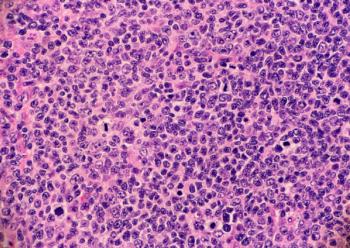
A panel of lymphoma experts discussed 2 recently approved treatments that are providing hope to patients with relapsed or refractory follicular lymphoma.
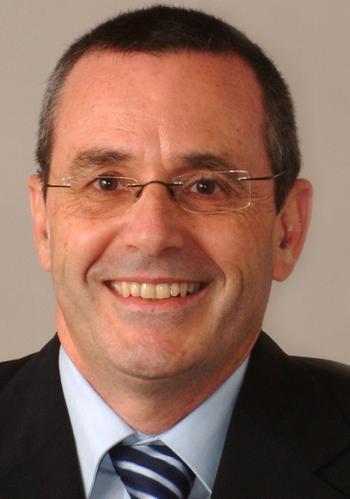
The FDA has paused the clearance of new ofranergene obadenovec batches while it reviews chemistry, manufacturing, and controls at various source locations.